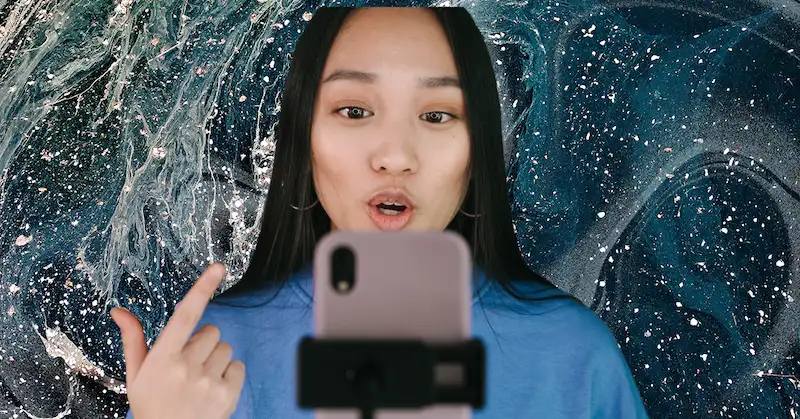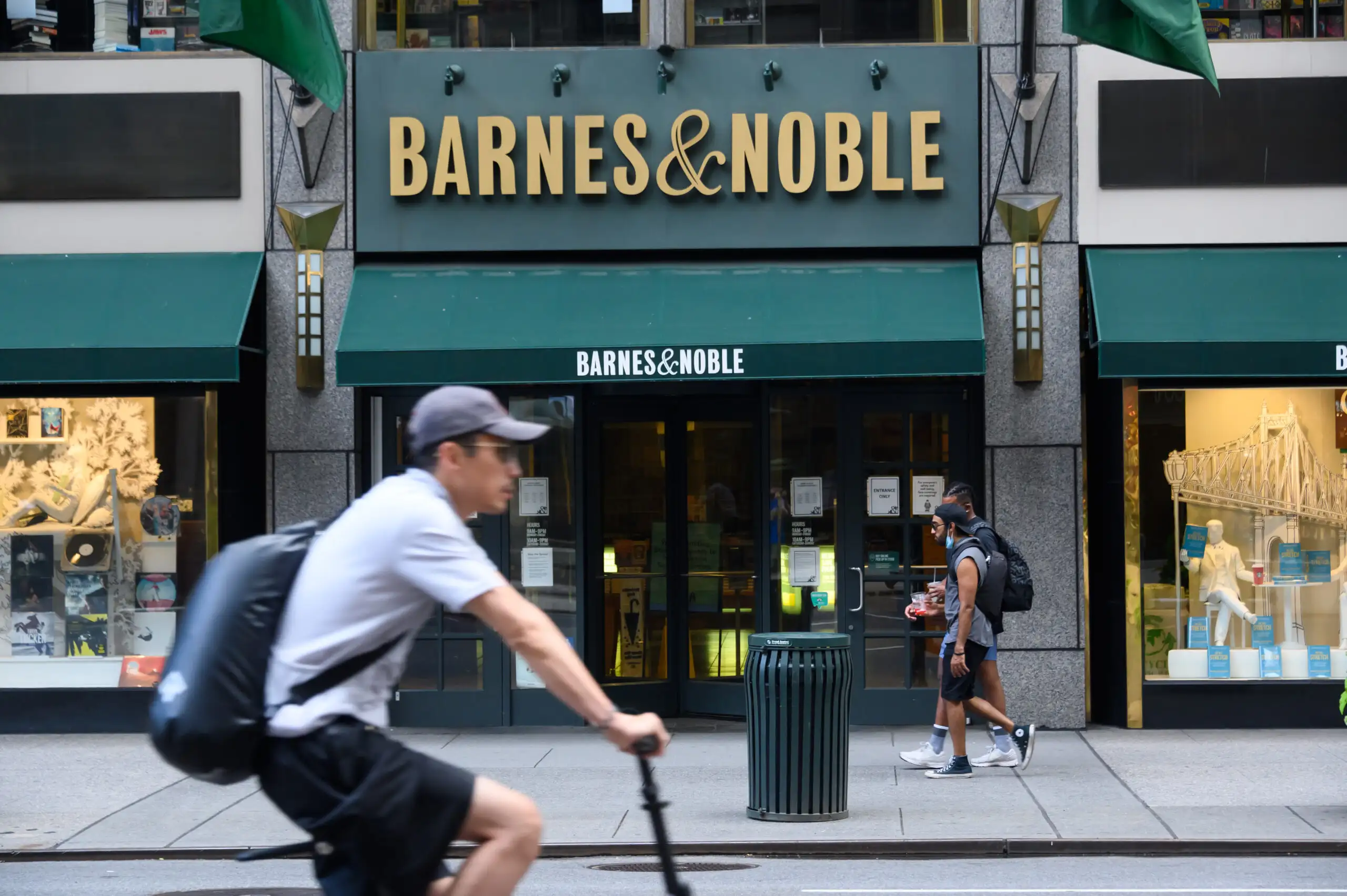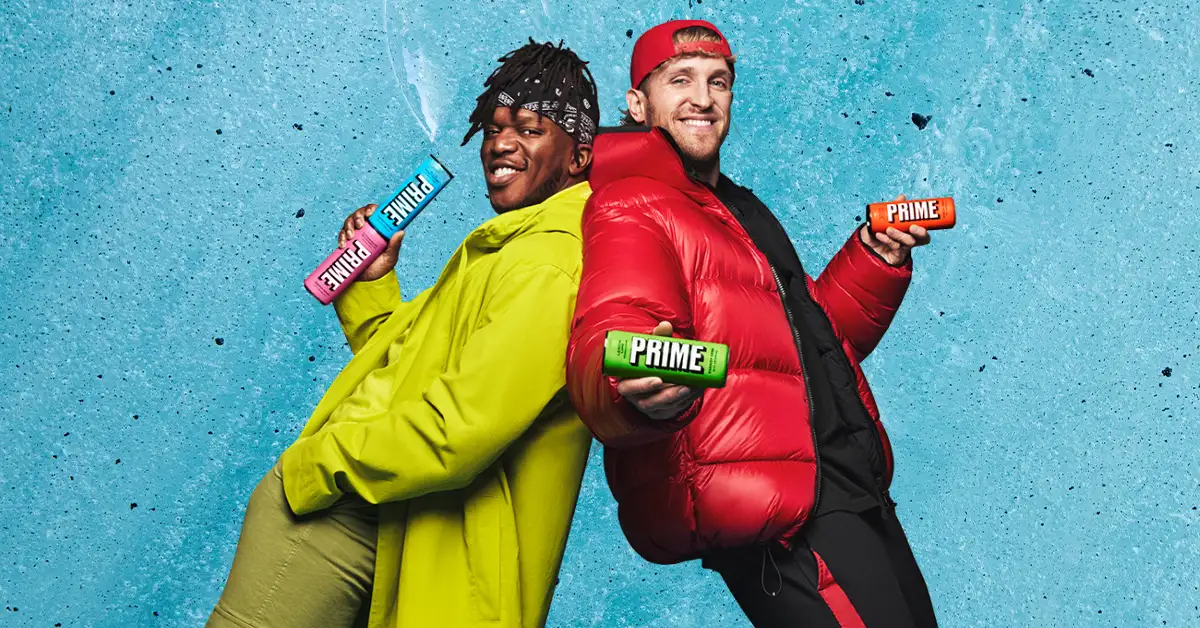Book publishers — like today’s teachers — have a sneaking suspicion that consumers might be spending more time scrolling on social media than reading books.

So to reach new customers, traditional publishing houses are getting in on TikTok’s #booktok obsession and creating formal influencer programs:
- Simon & Schuster’s Simon Books Buddy program sends influencers free copies in exchange for posting reviews on social.
- The Random House Group Influencer Program lets influencers sample new titles monthly, though it doesn’t require posting in return.
And there are many more like those.
Influencers aren’t just promoting books…
… They’re writing them. DK, a division of Penguin Random House, is turning influencers into authors themselves.
Since 2021, DK’s influencer division has published six New York Times bestselling cookbooks authored by TikTok food creators.
And it doesn’t stop at publishing: DK offers influencers assistance, from pairing them with recipe testers and coordinating photoshoots to creating advertising strategies.
Plus, influencers are allegedly receiving book advances that are well into the six figures.
The next chapter of publishing…
… might look a little different.
While Mindy Kaling’s Mindy’s Book Studio, Questlove’s AUWA Books, and Zando have focused on imprints helmed by high-profile celebrities, the next wave of personality-driven publishing will be influencers.
Bindery, a startup that launched last month, will let influencers curate their own micro-imprints and select manuscripts from literary agencies to fund and publish.
“Tastemakers,” as the company calls them, will have paywalled, subscriber-only communities on the platform that offer things like author livestreams, early copies, and even inclusion in a book’s acknowledgements.
Influencers will take home 50% of their monthly subscription revenue and 25% of each book’s net earnings.
Now that’s a happy ending.
bc75.jpg)



